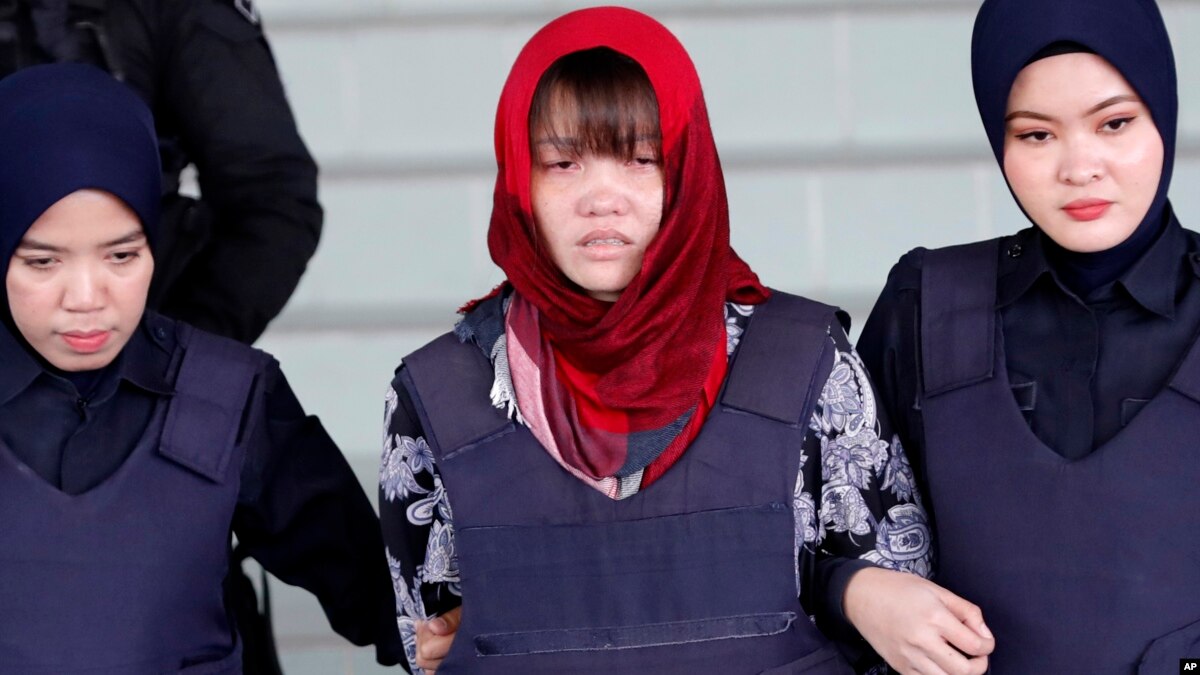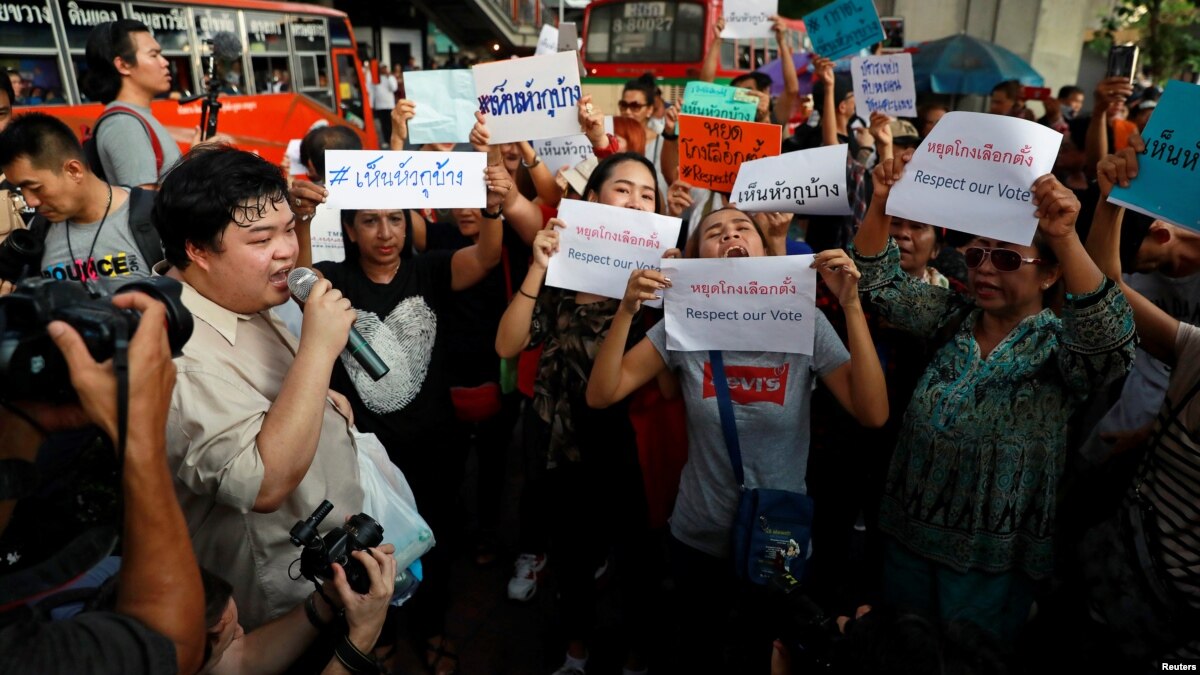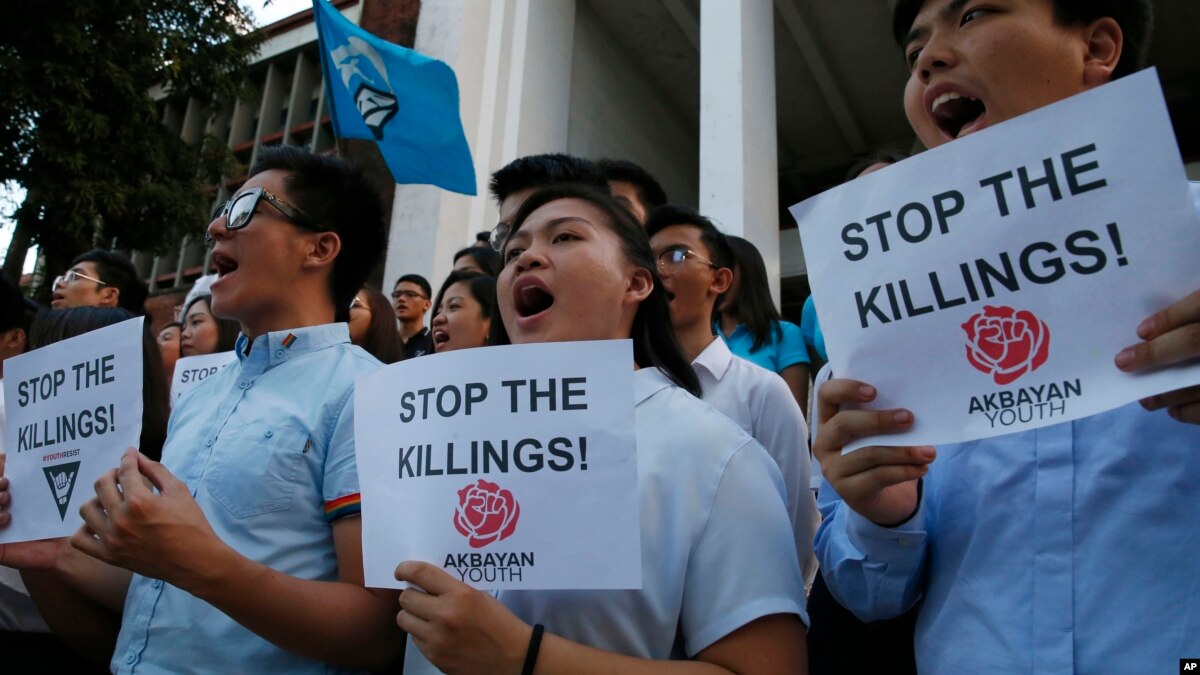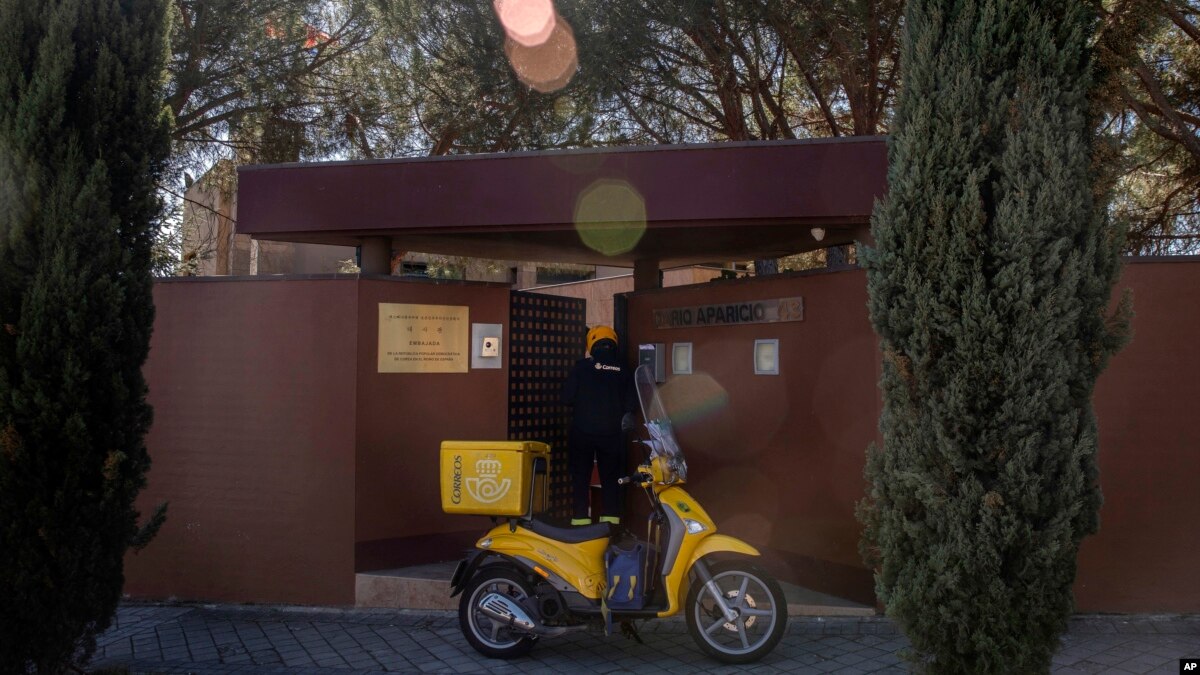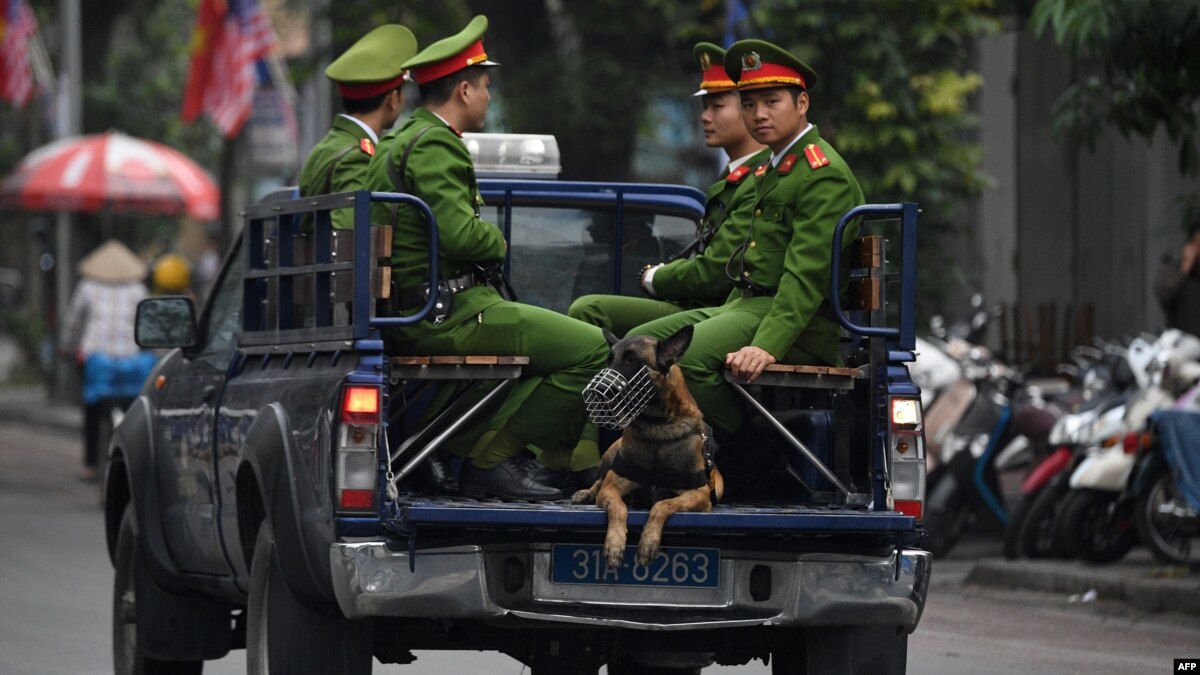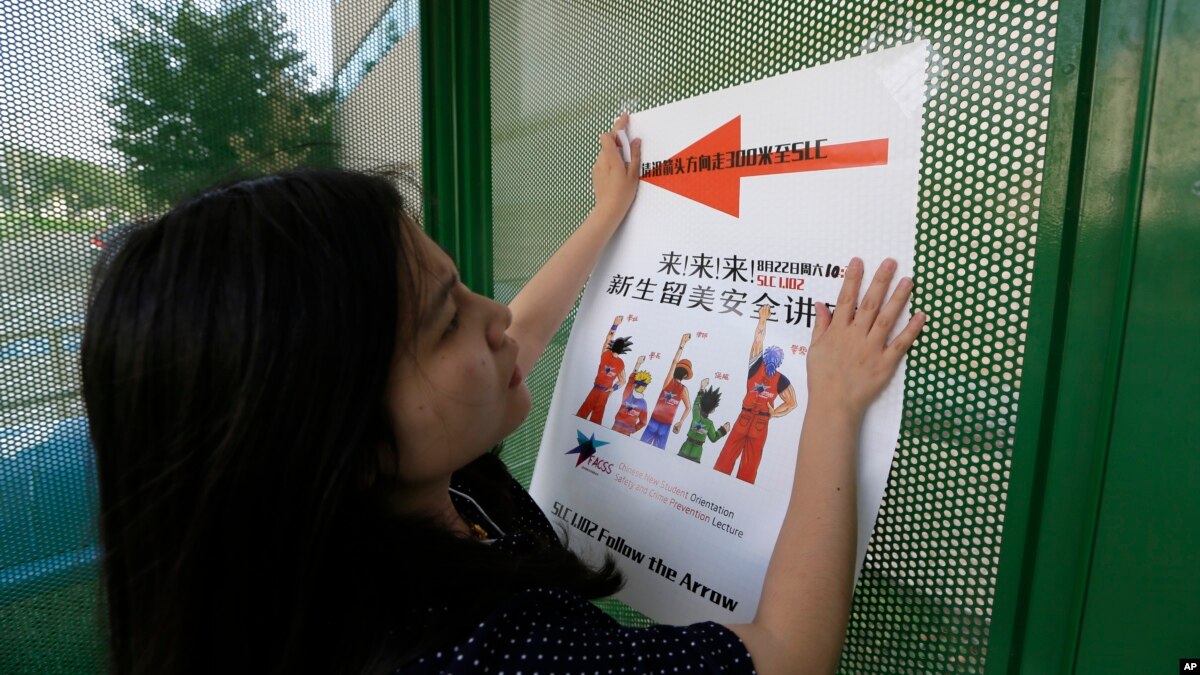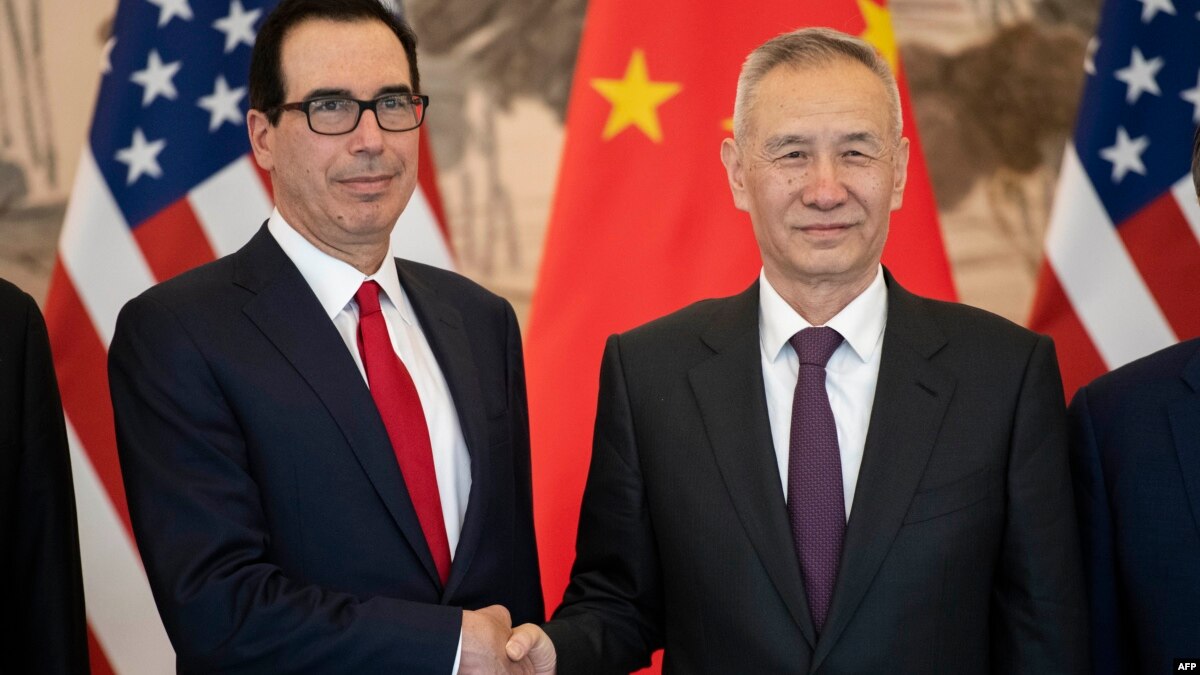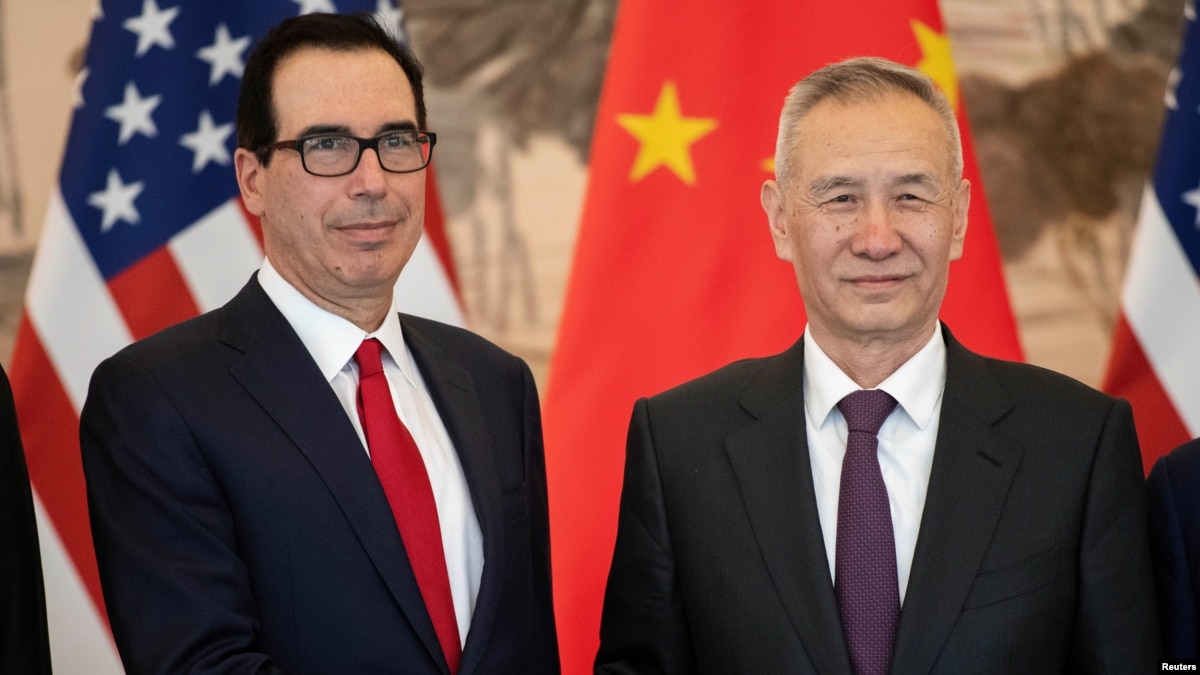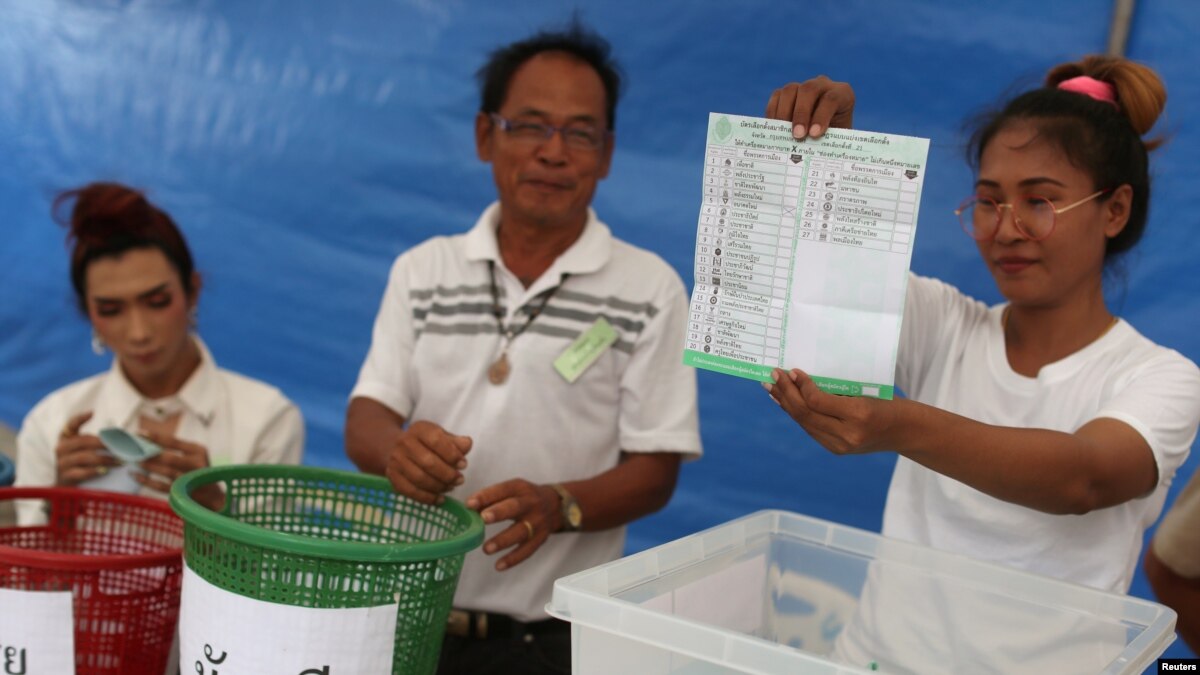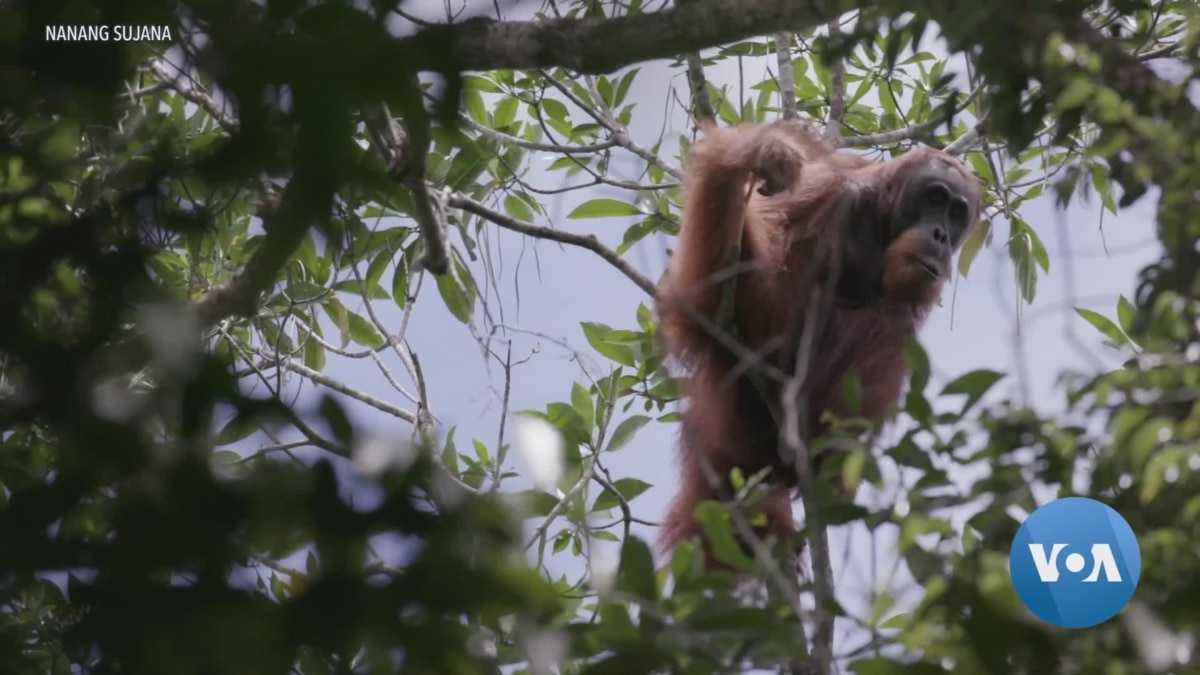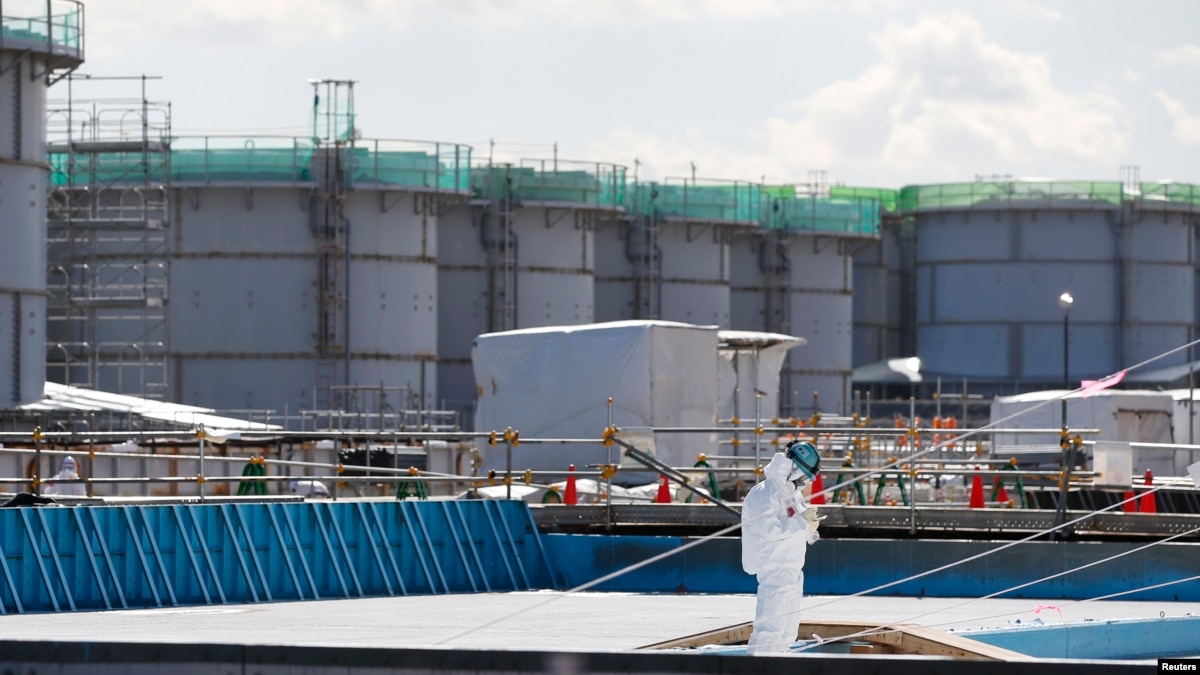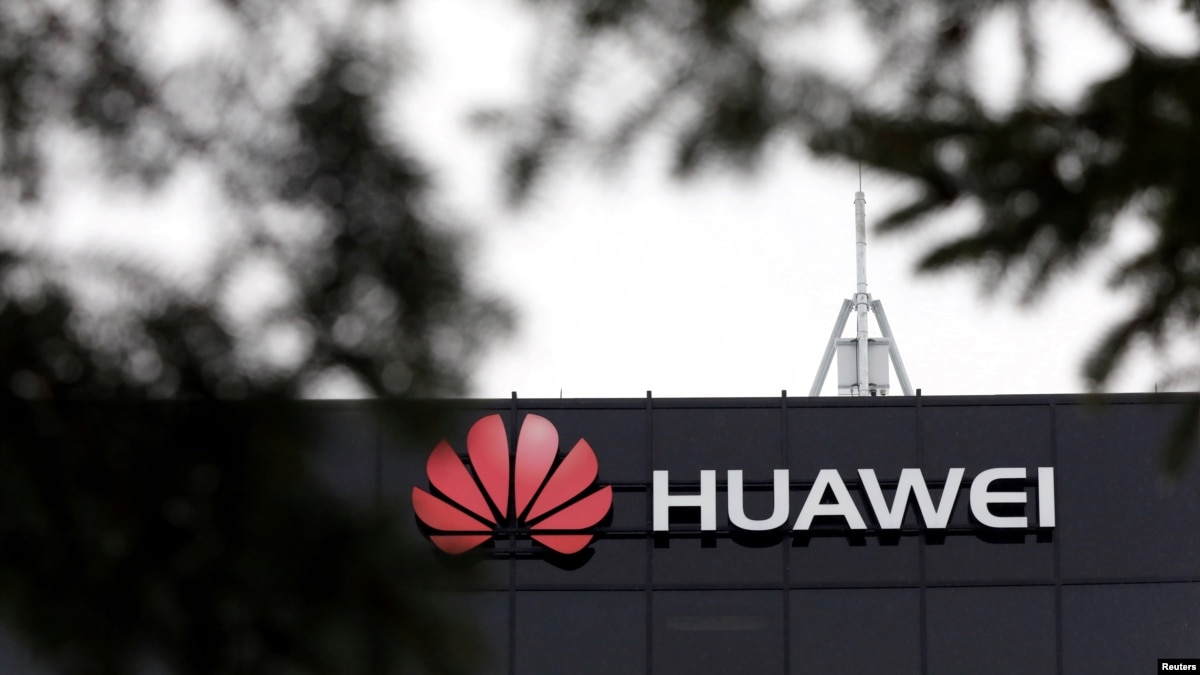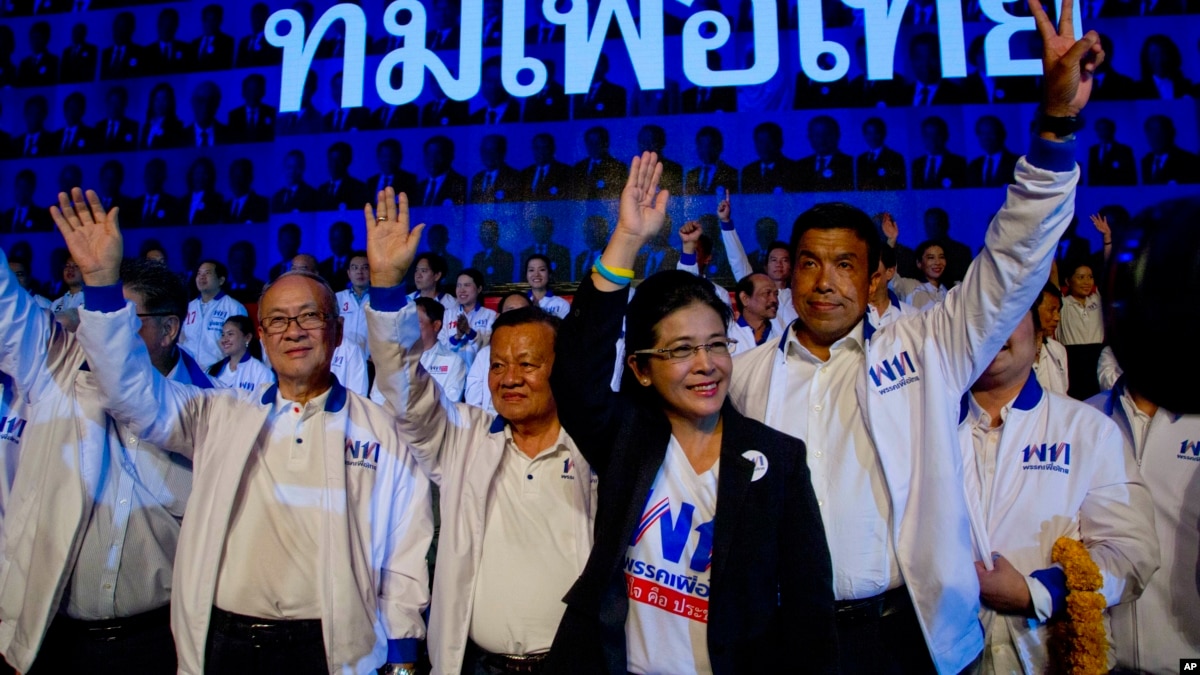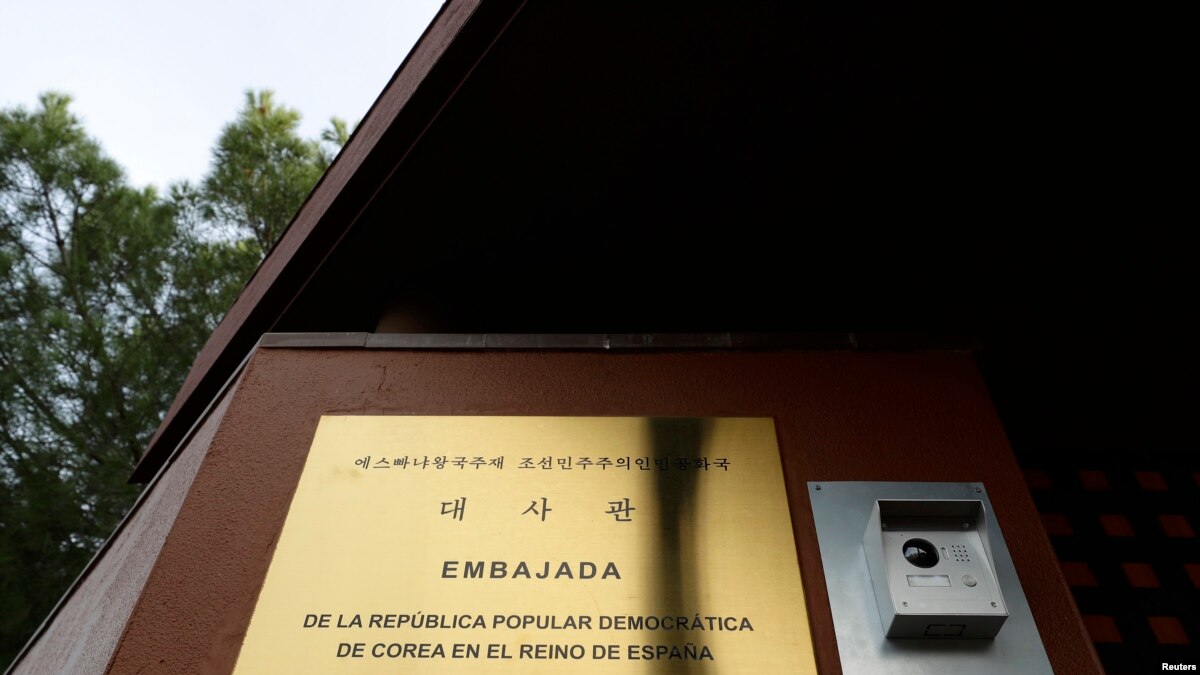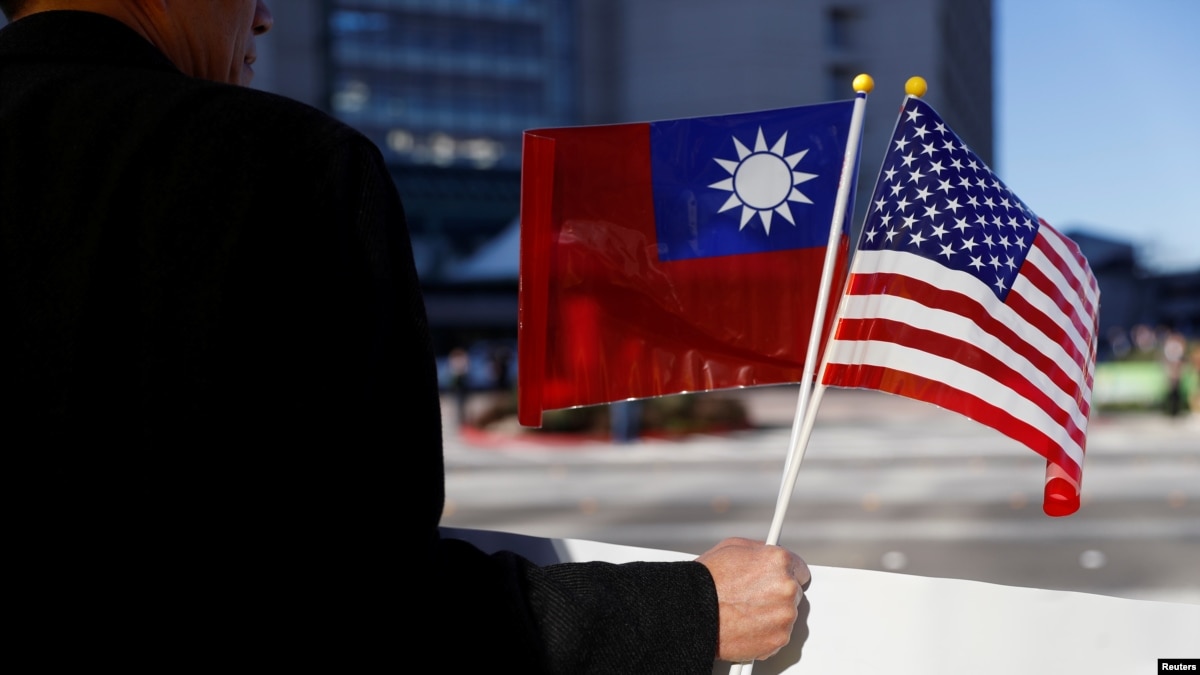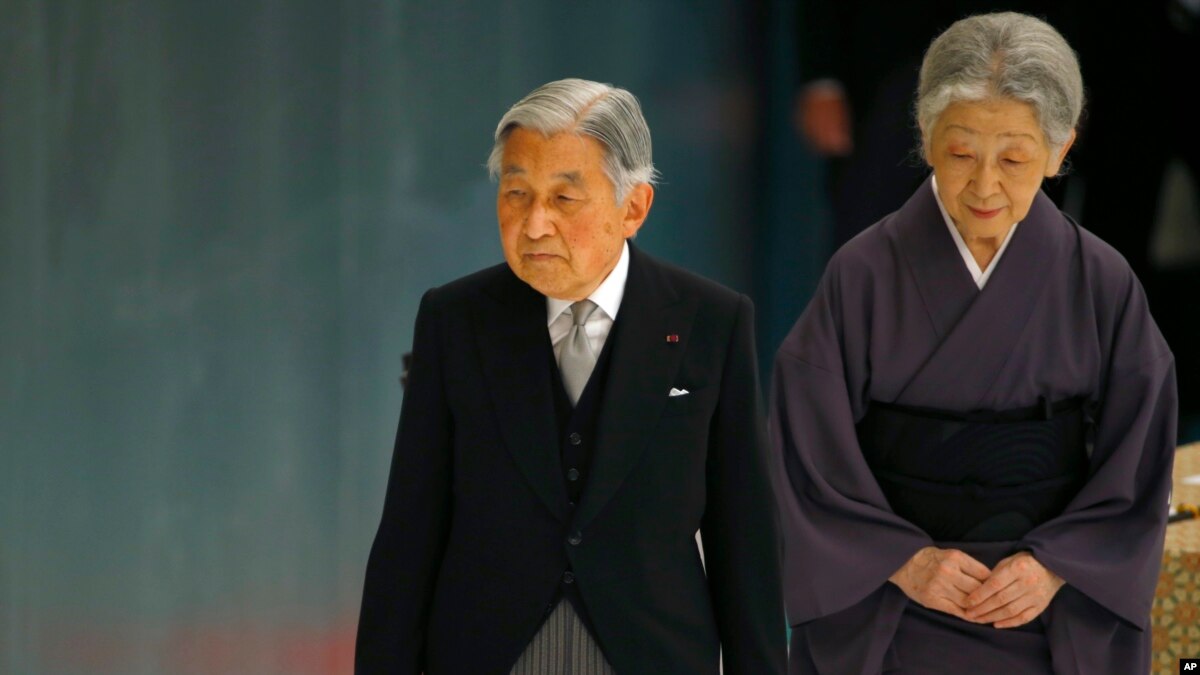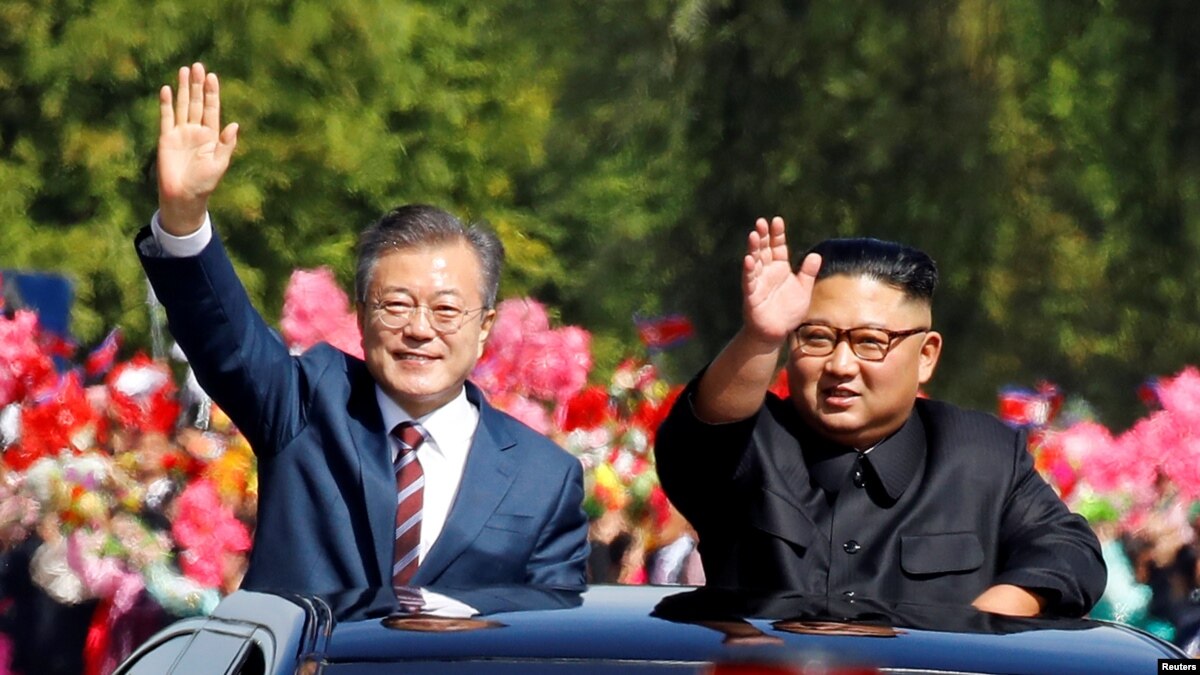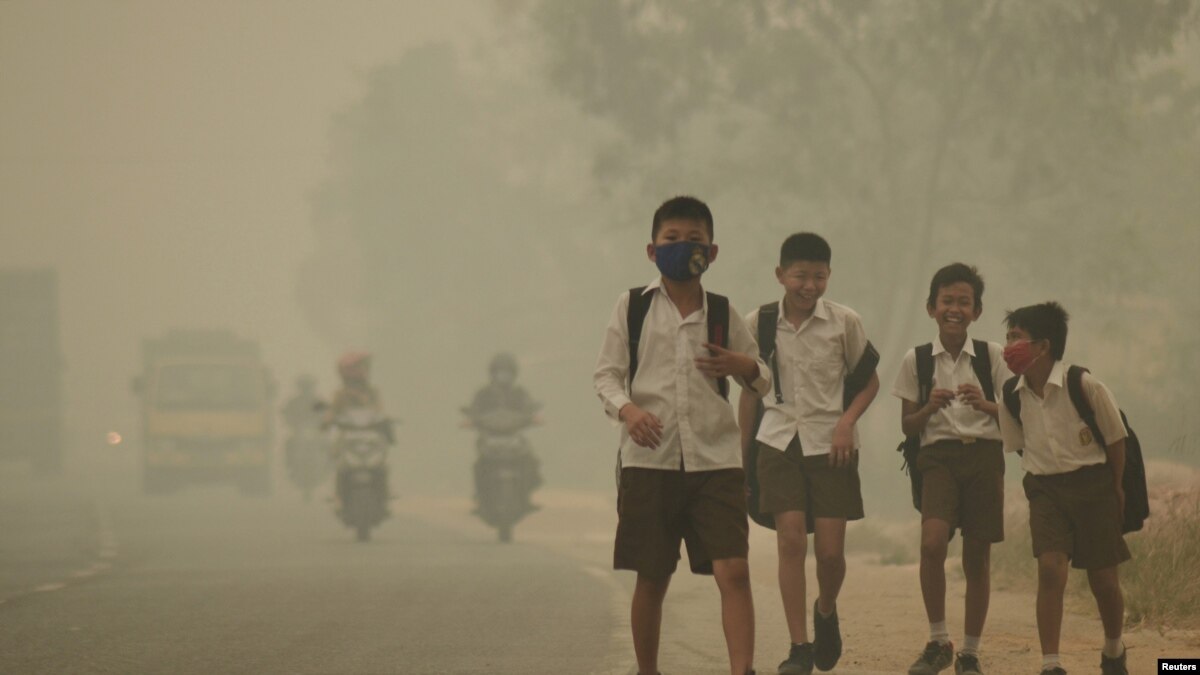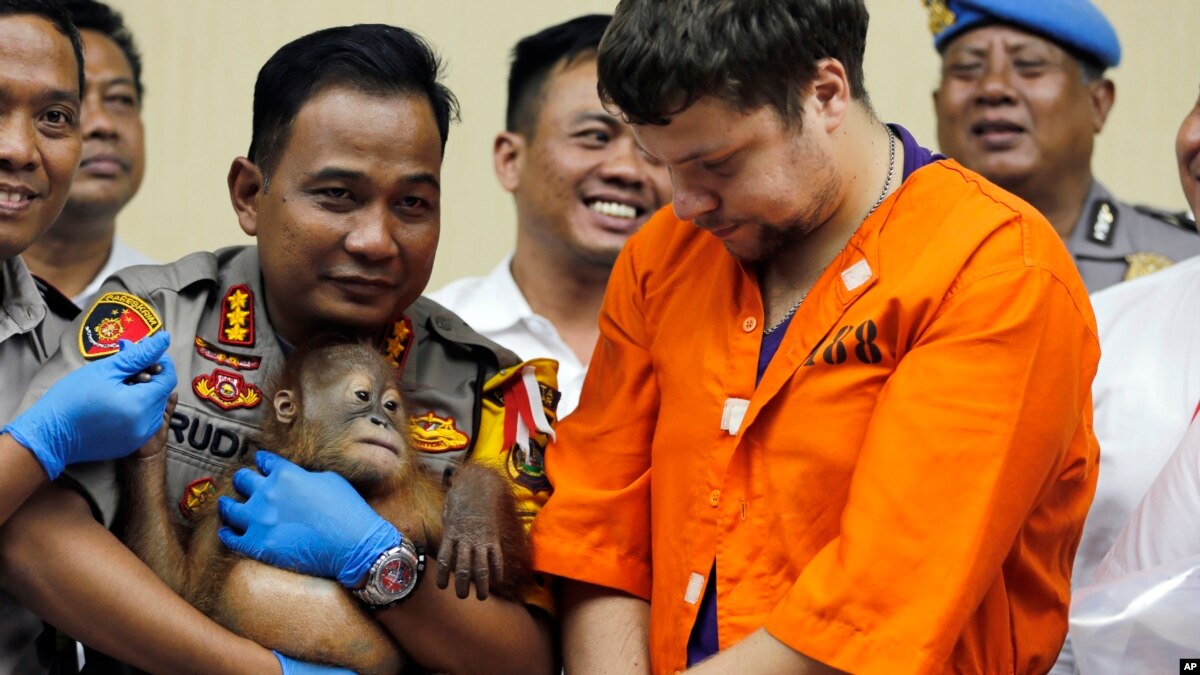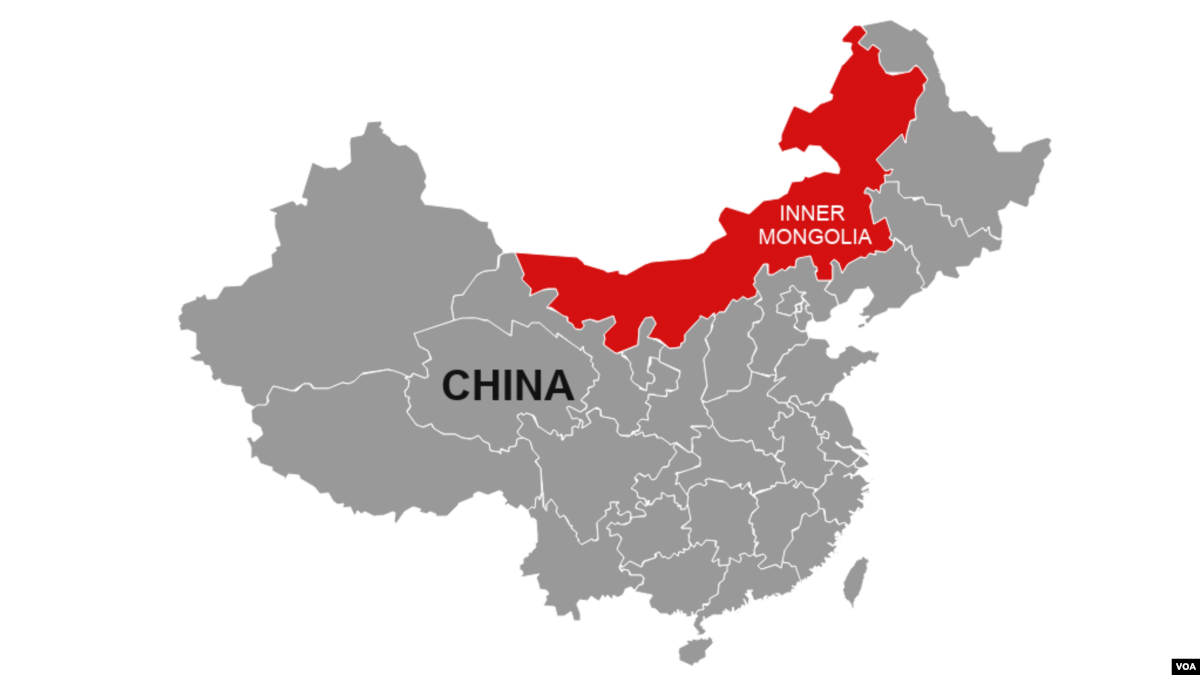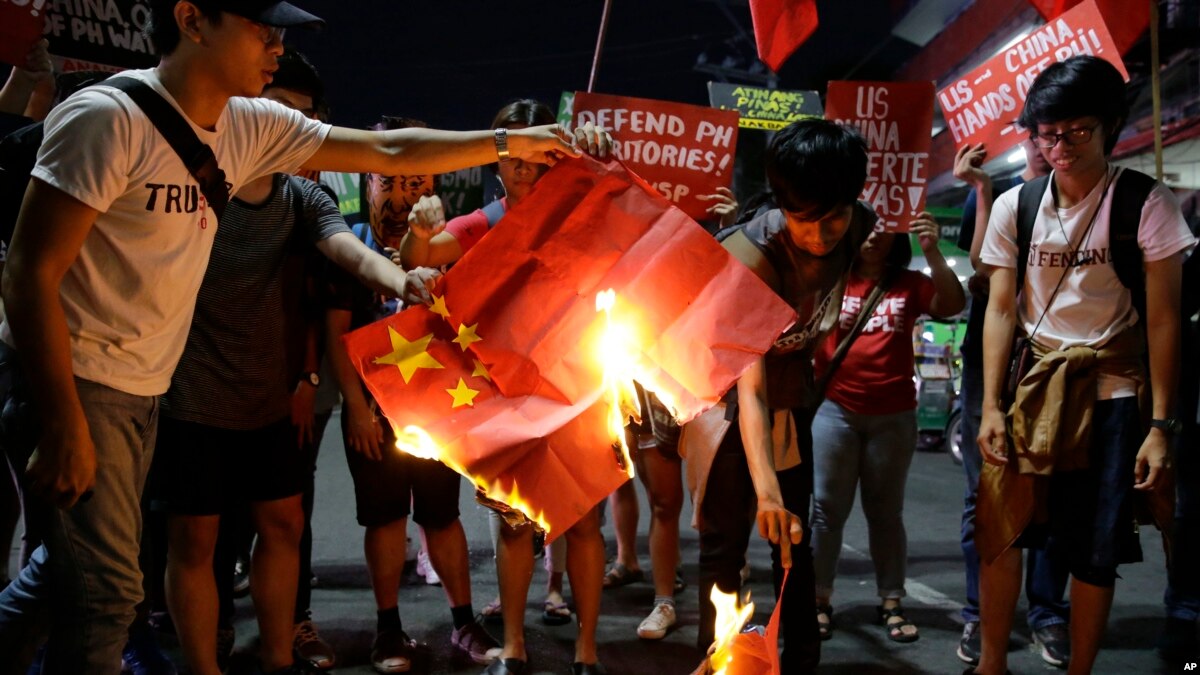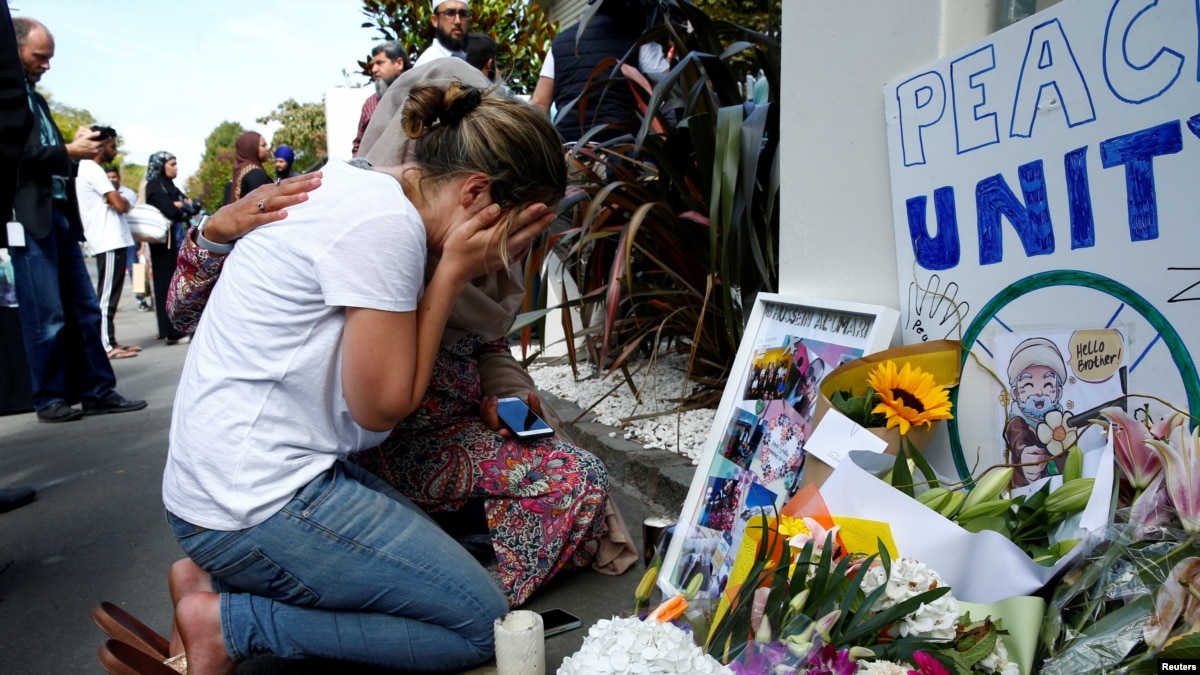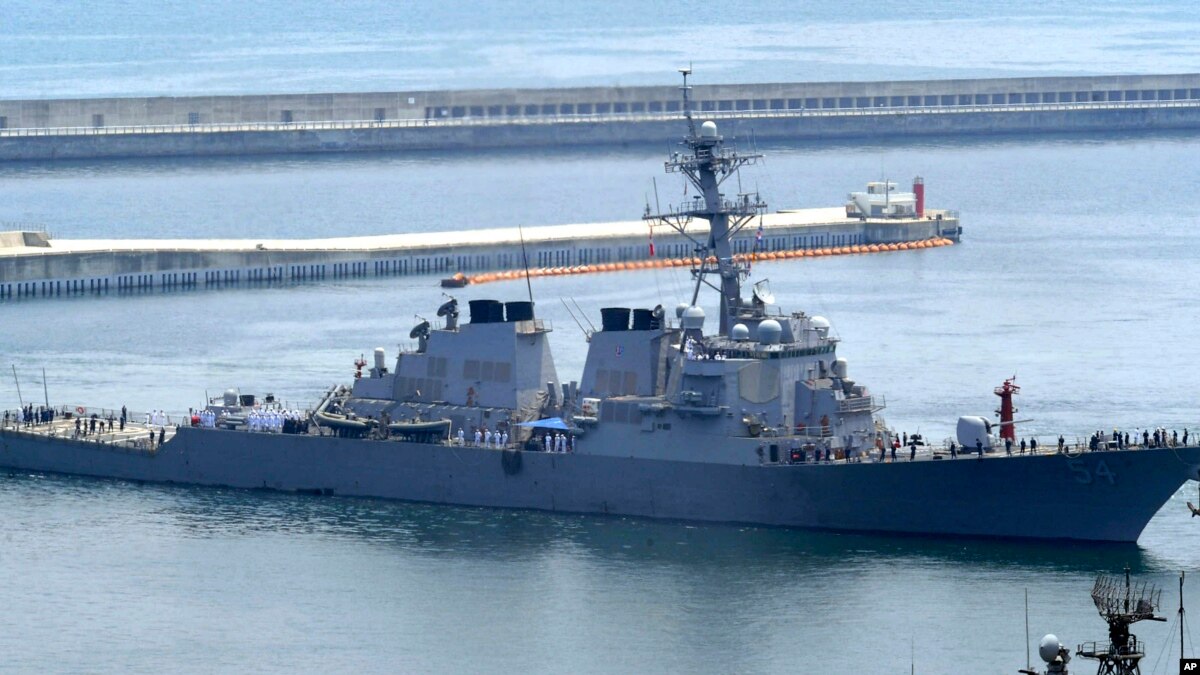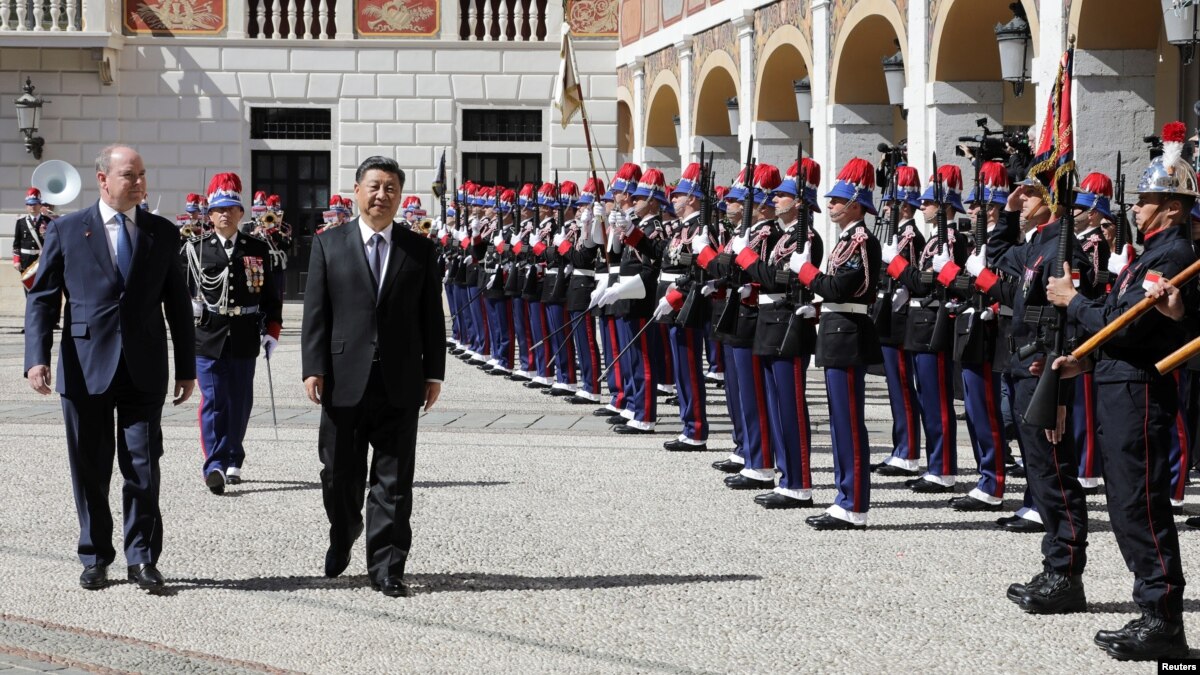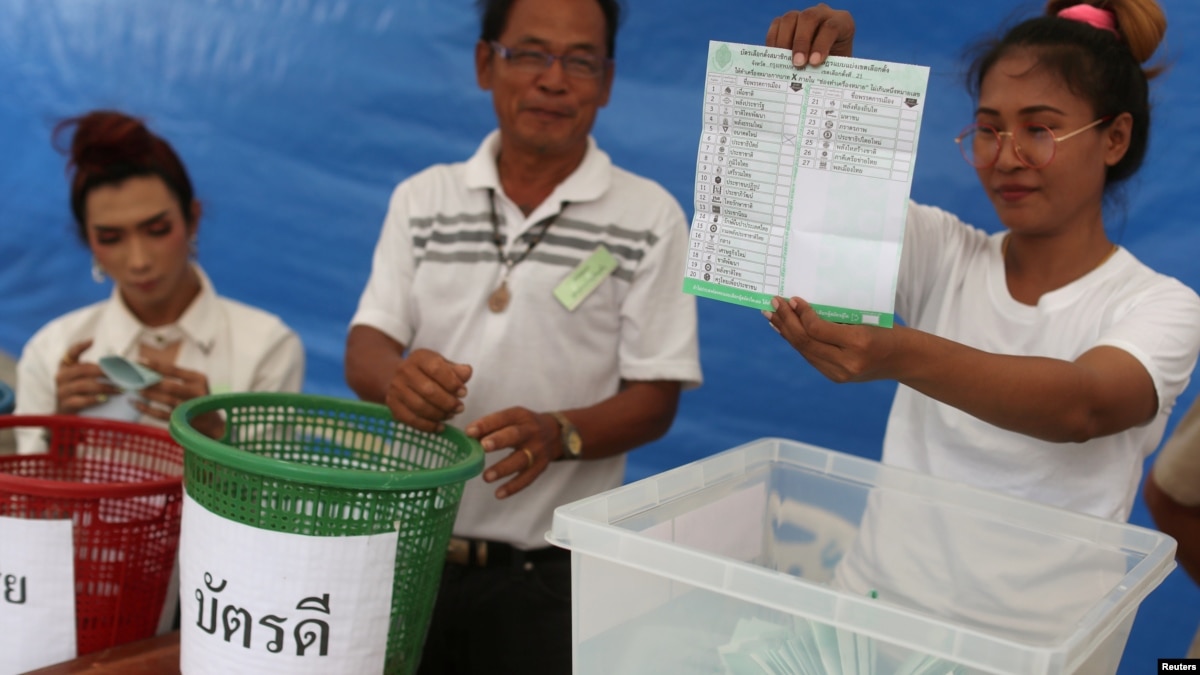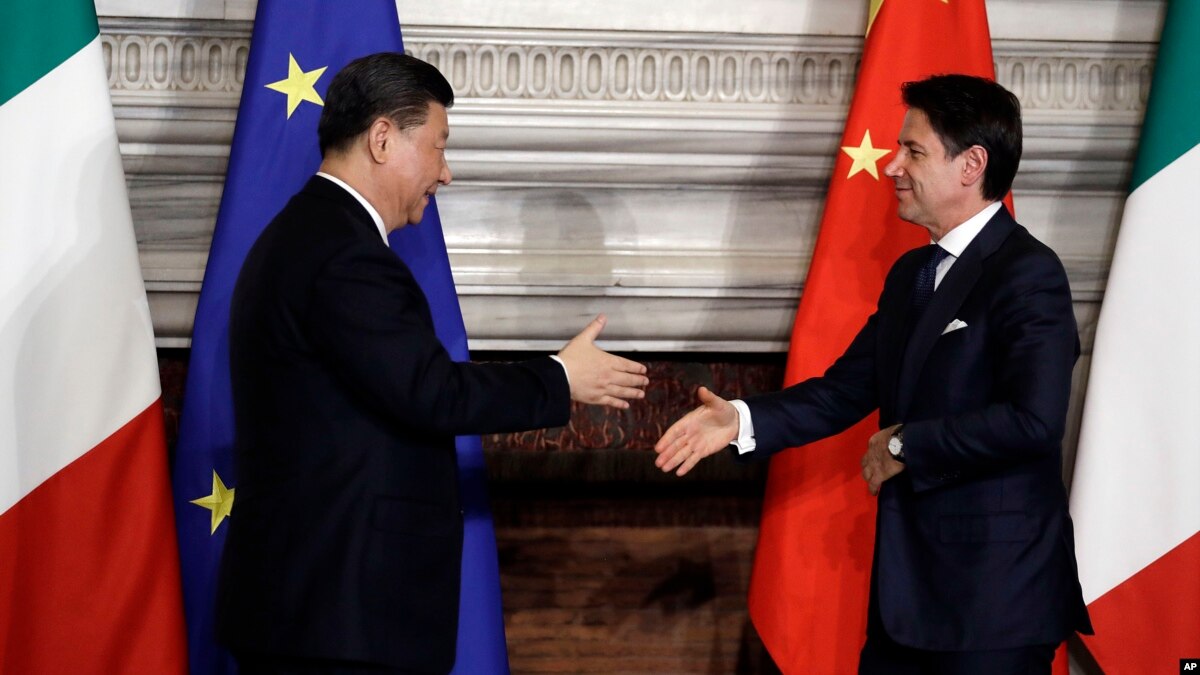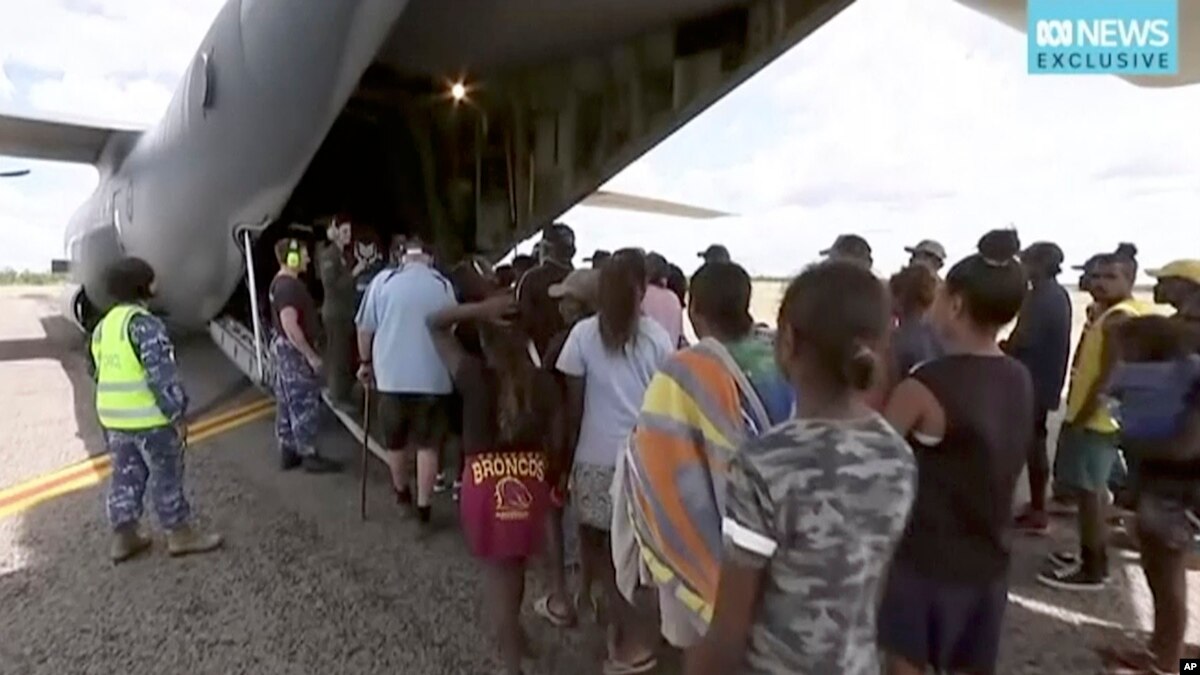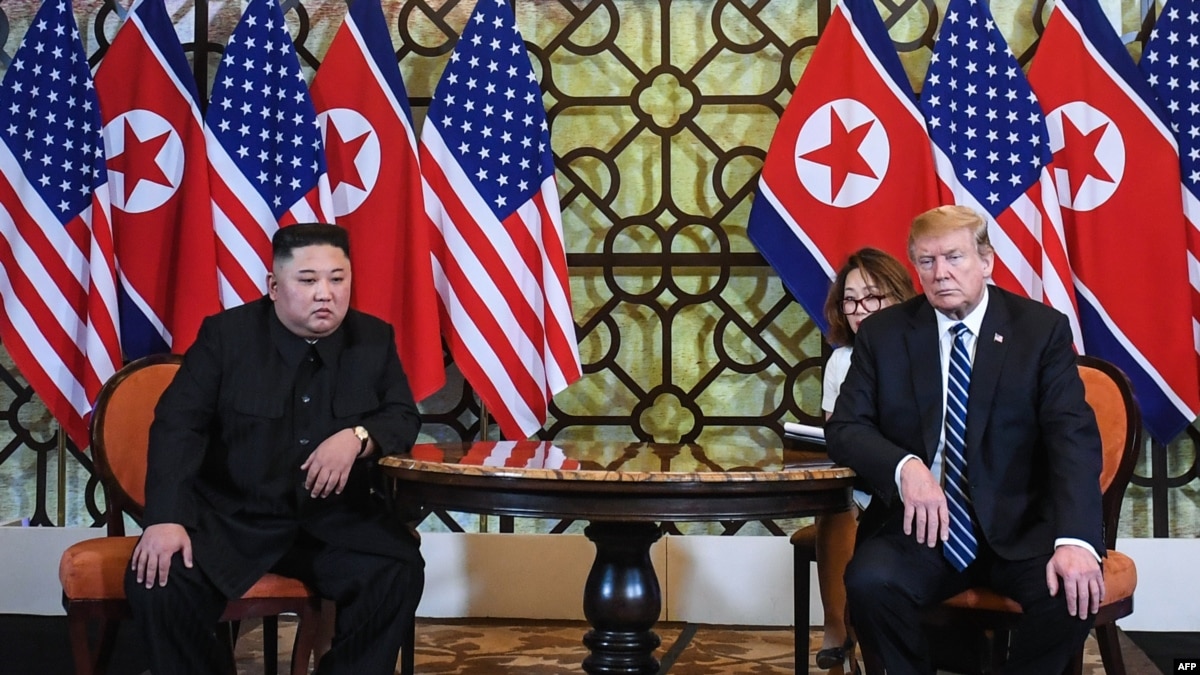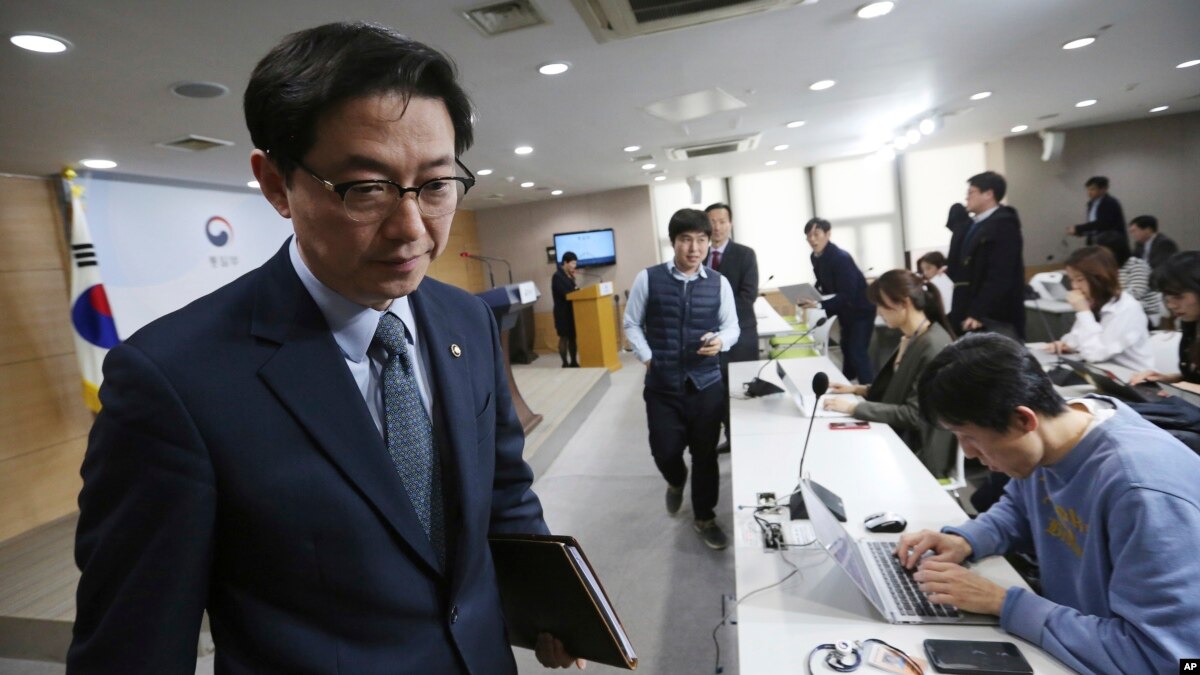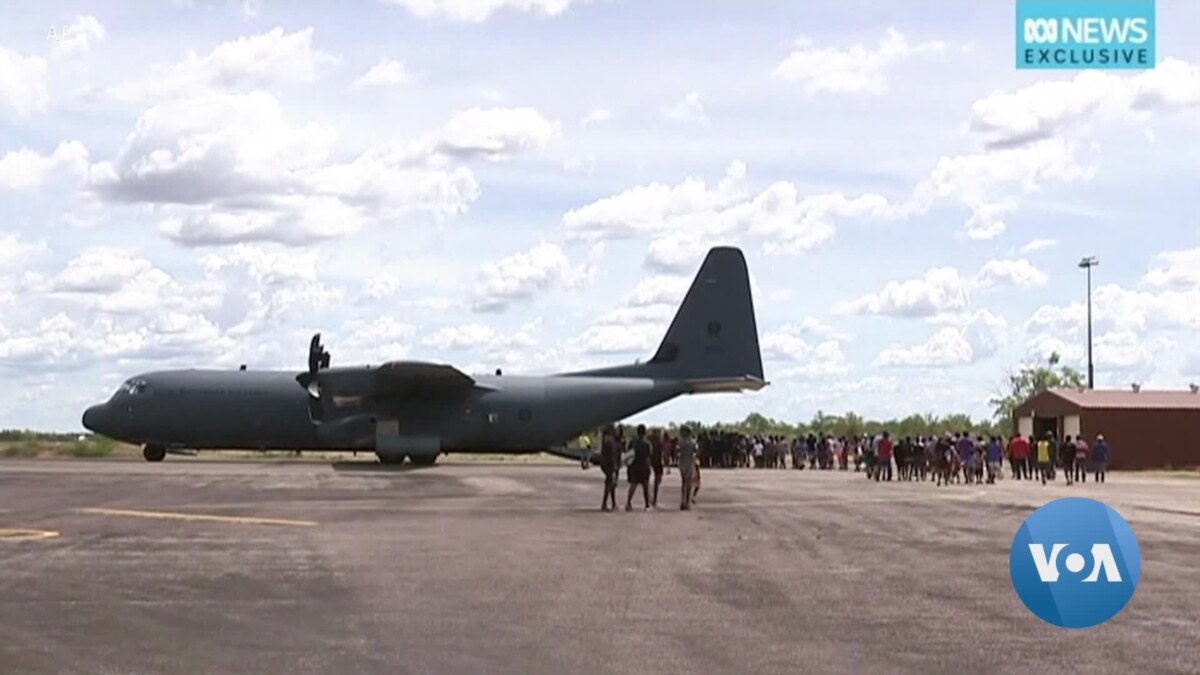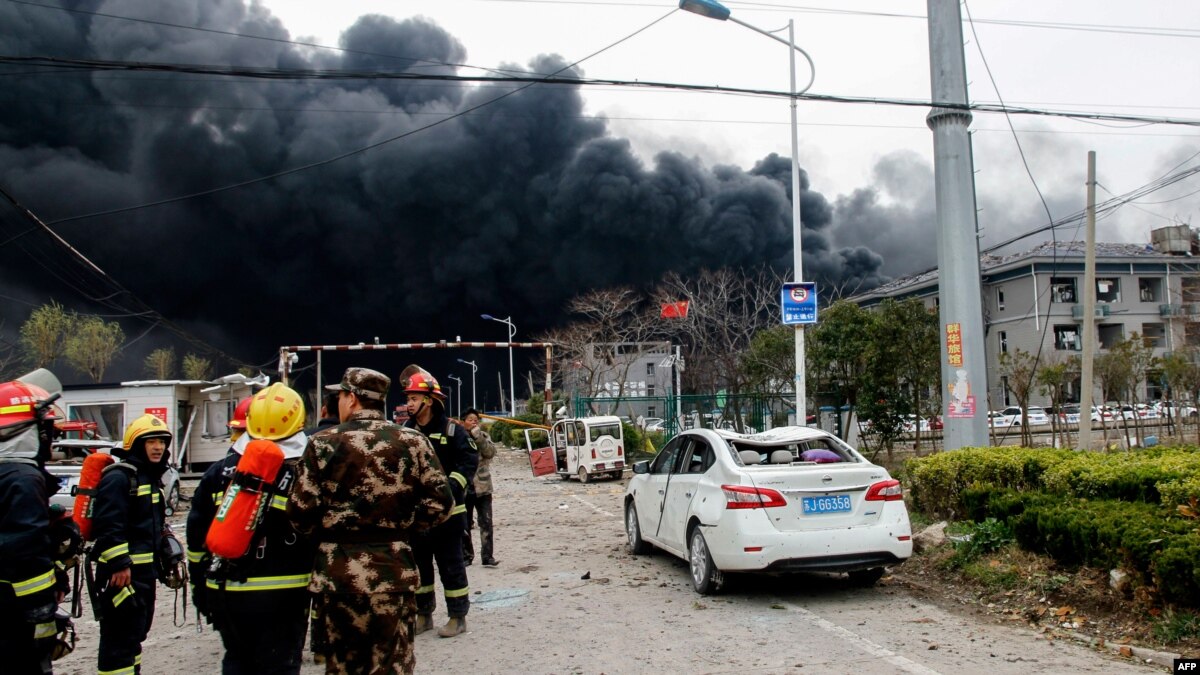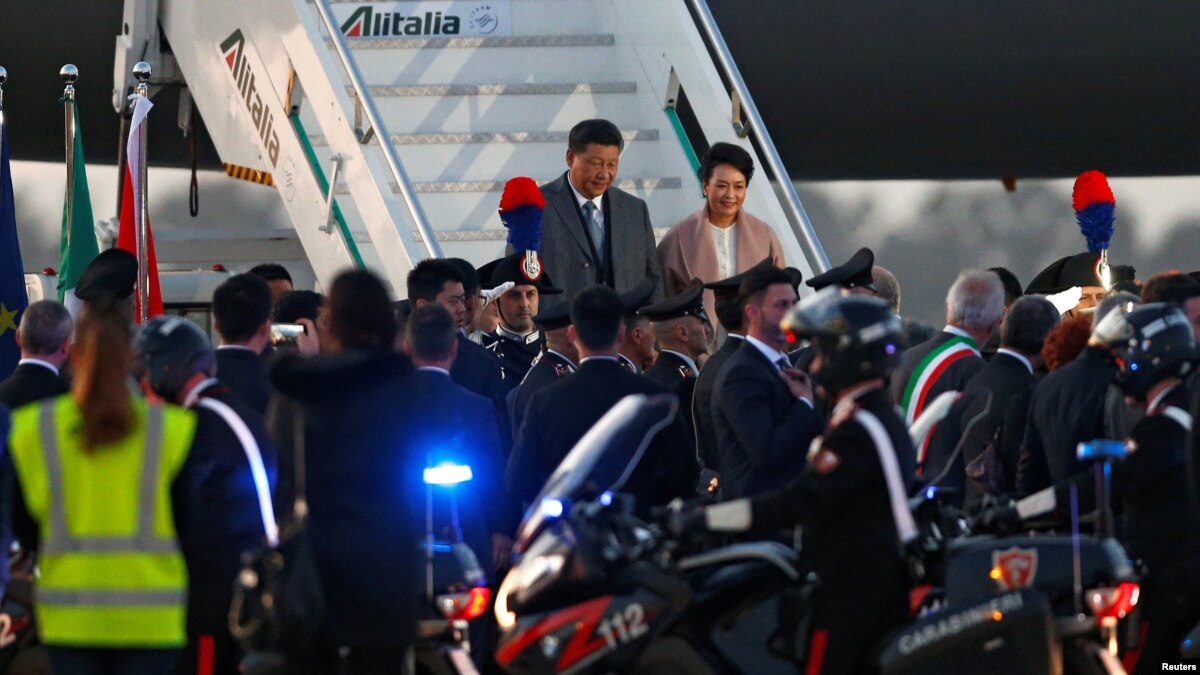KUALA LUMPUR —
Over the past year, the number of patients treated each day in the hospital unit where cardiologist Ade Imasanti Sapardan works in Indonesia's capital has almost doubled to about 100.
Sapardan, who sees up to 150 people every week, cites worsening air pollution as a major reason for the rise in patients seeking treatment in the mega-city of Jakarta, home to 10 million people.
"People in Jakarta have bad pollution every day ... everybody is not really breathing safe air," Sapardan told the Thomson Reuters Foundation.
Half her patients suffer from symptoms linked to air pollution - like chest pains, coughing and breathlessness.
Nine out of 10 people breathe polluted air, according to the World Health Organization (WHO), a problem that impacts more cities in Asia than anywhere else in the world.
Burning fossil fuels is a large contributor to air pollution, which kills about 7 million people prematurely each year. Green campaigners and energy experts say Asia's growing demand for coal-fired power is one key cause of that pollution.
Coal demand outside Asia peaked in 1988 and has since fallen by a third.
During the same period, it rose 3.5-fold in Asia, now the world's main driver of coal-power demand, according to a report published late last year by the Center for Strategic and International Studies (CSIS) in Washington.
"Cities with the worst air pollution are all in Asia and a lot of it is to do with coal," said Nikos Tsafos, a CSIS researcher. "The region has such huge economic growth and potential, where the desire to bring electricity to people trumps all other concerns."
An air quality report published by Greenpeace and IQAir AirVisual this month showed that the world's 100 most polluted cities are largely in Asia - with India and China dominating.
Jakarta and Hanoi are the two most polluted cities in Southeast Asia, according to the report.
But while China has already curbed coal use to meet politically important smog targets, and India this year launched a nationwide anti-pollution program, Tsafos said Southeast Asia was a "blind spot."
Lawsuit
Like many Asian countries, Indonesia is experiencing a rise in urbanization, population and economic growth and is scrambling to find ways to increase its power capacity.
Jakarta has about 10 coal power plants within a 100-km (60-mile) radius of the city, green campaigners said, with up to three more being planned.
Now 20 Jakarta residents are to file a lawsuit against Indonesian President Joko Widodo, backed by non-governmental organizations including environmental group Greenpeace.
They argue policymakers have not done enough to tackle air pollution in the capital and hope to force the government to move away from coal power and into renewables.
Sapardan's medical expertise will be used in the action, which will also target the governors of Jakarta and its surrounding regions as well as the country's health and forestry ministers.
They want a tightening of air standards, coordinated efforts to tackle air pollution, and recognition by the central government of the link between coal-power plants and air pollution, to force a change in power policy.
"The global trend is now to stay away from coal, but in Southeast Asia it has gone the other way, including in Indonesia," said Tata Mustasya, climate and energy campaign coordinator at Greenpeace Southeast Asia. "We still use coal and are expanding it to meet our power needs."
A spokesman for Widodo, who will stand for re-election in national polls next month, was unable to provide an immediate comment, while the energy ministry did not respond to requests for comment.
Asia-Pacific consumed 75 percent of the world's coal in 2017, according to the BP Statistical Review of World Energy, up from 50 percent 20 years ago.
An abundance of locally produced, cheap coal and a failure to promote alternative energy sources were key reasons for Asia bucking the global trend away from coal, energy experts said.
"We have cases in the Philippines where people are suffering respiratory diseases because of coal-power plants and coal ash from which they will never recover," said Rayyan Hassan, executive director at the NGO Forum on ADB in Manila.
Cash Flow
With many investment and development banks moving away from coal projects, financing Asia's coal boom has been left to state-backed banks and bilateral agencies, energy experts and environmental campaigners said.
Japan ramping up its coal-power capacity after the Fukushima nuclear disaster had led to a boon in clean-coal technologies that were now being exported across Asia, said green activists, who also cited China's Belt and Road Initiative.
"There is a narrative that says a lot of this is being enabled by the Belt and Road Initiative - that China is exporting coal technology and generation to the region," said Tsafos.
But as renewable energy becomes more competitive, market forces will help move Asia away from coal, said Yongping Zhai, an energy expert at the Asian Development Bank (ADB) in Manila.
The ADB's 2009 energy policy states that the bank can still consider coal projects in rare cases where the power provides energy access to the poor and uses advanced technologies.
Despite this, the ADB has no coal-power projects in the pipeline and the last coal-power project it was involved with was back in 2013, said Zhai.
Although the effects of air pollution in Asia would be felt for decades, Tsafos said calls for clean air in China had led to a reduction in coal consumption and this could now be mirrored in other parts of Asia.
"Local air pollution can be a really good agent of change," he said. "That's where pressure can pop up really quickly because people can see the damage but also politicians can show that they've delivered results."
Let's block ads! (Why?)
Read More Asia's Coal Addiction Puts Chokehold on Its Air-polluted Cities : https://ift.tt/2U2uiY1
